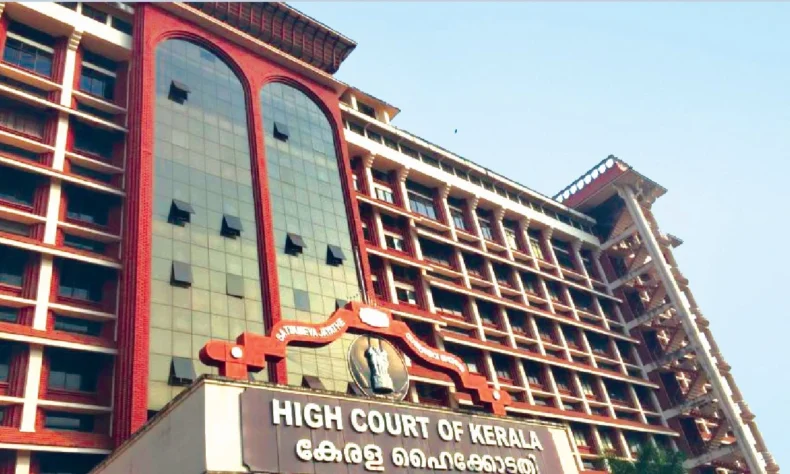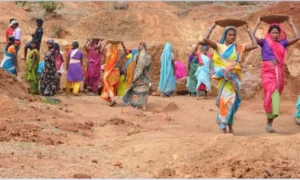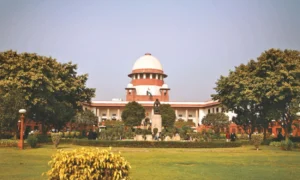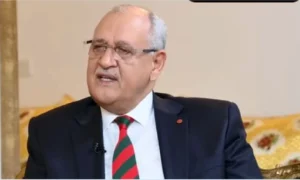
By Sanjay Raman Sinha
The Kerala High Court has ruled that it is legally untenable to demand the appointment of santhis (temple priests) from only a particular caste or lineage, holding that the appointment of priests is a secular activity, not an Essential Religious Practice (ERP) protected under the Constitution.
The verdict, delivered in Akhila Kerala Thantri Samajam & Anr vs State of Kerala & Ors, once again spotlights the delicate fault line between religious freedom and constitutional equality, and the judiciary’s authority to define what constitutes a protected religious practice.
The case arose from a challenge to the recruitment norms of the Travancore Devaswom Board (TDB) and the Kerala Devaswom Recruitment Board (KDRB)—bodies that manage hundreds of temples across Kerala. Their notifications had recognized certifications from Thanthra Vidyalayas (institutions teaching tantric rituals) as valid qualifications for the post of santhi.
The petitioners, representing the Akhila Kerala Thanthri Samajam—a society of traditional Brahmin priests—argued that the notification violated Article 26, which guarantees every religious denomination the right to manage its own affairs in matters of religion.
They claimed that the appointment of priests is not merely administrative, but a religious act, deriving its authority from scriptural tradition and ritual prescription—hence an essential religious practice.
The state’s counterargument was rooted in constitutional equality. Appointments based on caste or lineage, it argued, amount to discrimination by birth, violating the fundamental rights to equality (Article 14), non-discrimination (Article 15), and equality of opportunity in public employment (Article 16). Moreover, since the Devaswom Boards are state-funded and publicly accountable, their actions must conform to secular law.
The High Court agreed. It held that any custom that is “oppressive, pernicious, contrary to public policy, or in derogation of the law of the land” cannot claim judicial protection—no matter how ancient. The ruling’s most consequential finding: caste or lineage cannot be considered an essential religious practice.
THE ESSENTIAL RELIGIOUS PRACTICES TEST
The judgment hinges on the ERP doctrine, first articulated by the Supreme Court in the landmark 1954 Shirur Mutt case (The Commissioner, Hindu Religious Endowments vs Sri Lakshmindra Thirtha Swamiar of Shirur Mutt). The Court had ruled that: “What constitutes the essential part of a religion is primarily to be ascertained with reference to the doctrines of that religion itself.” Yet paradoxically, it also empowered the judiciary to determine what those essential parts are.
Over the decades, the “essentiality test” has been both a shield and a sword. In Durgah Committee vs Syed Hussain Ali (1961), the Court excluded superstitious practices from protection; in Acharya Jagadiswarananda vs Commissioner of Police (1983), it ruled that the Tandava dance was not essential to the Ananda Marga faith. Conversely, in Bijoe Emmanuel vs State of Kerala (1986), it upheld the right of Jehovah’s Witnesses not to sing the national anthem as part of their religious belief.
ECHOES OF SABARIMALA
The ERP doctrine reached its most contentious crossroads in the 2018 Sabarimala case (Indian Young Lawyers Association vs State of Kerala). By a 4:1 majority, the Supreme Court held that excluding women aged 10-50 from the Sabarimala Sree Dharma Sastha Temple was unconstitutional. Justice DY Chandrachud, in his opinion, declared that essential practices must yield to constitutional morality and equality, calling the Constitution “a radical document intended to transform society”. However, Justice Indu Malhotra, in her memorable dissent, cautioned against judicial overreach into matters of faith: “The Court should not venture into matters of religion and substitute its own views for that of the temple… Notions of rationality should not be invoked in matters of religion.” Justice Indu Malhotra’s dissent resonates strongly with the current case. The Thanthri Samajam may well invoke this principle if it challenges the Kerala High Court’s verdict in the Supreme Court.
THE LARGER QUESTION
The ERP doctrine itself is under review by a nine-judge Constitution bench, which is examining the scope of Articles 25 and 26—and the judiciary’s authority to decide what constitutes the “essence” of faith.
Until that clarification arrives, the Kerala verdict stands as both a victory for social justice and a reminder of the judiciary’s complex role in mediating between faith and law.
For many, it marks a progressive step towards dismantling caste-based privilege in temple administration. For others, it rekindles anxieties about courts intruding into sacred traditions.
Either way, the ruling has ensured that the debate over where religion ends and the Constitution begins is far from over.
📰 Crime Today News is proudly sponsored by DRYFRUIT & CO – A Brand by eFabby Global LLC
Design & Developed by Yes Mom Hosting






